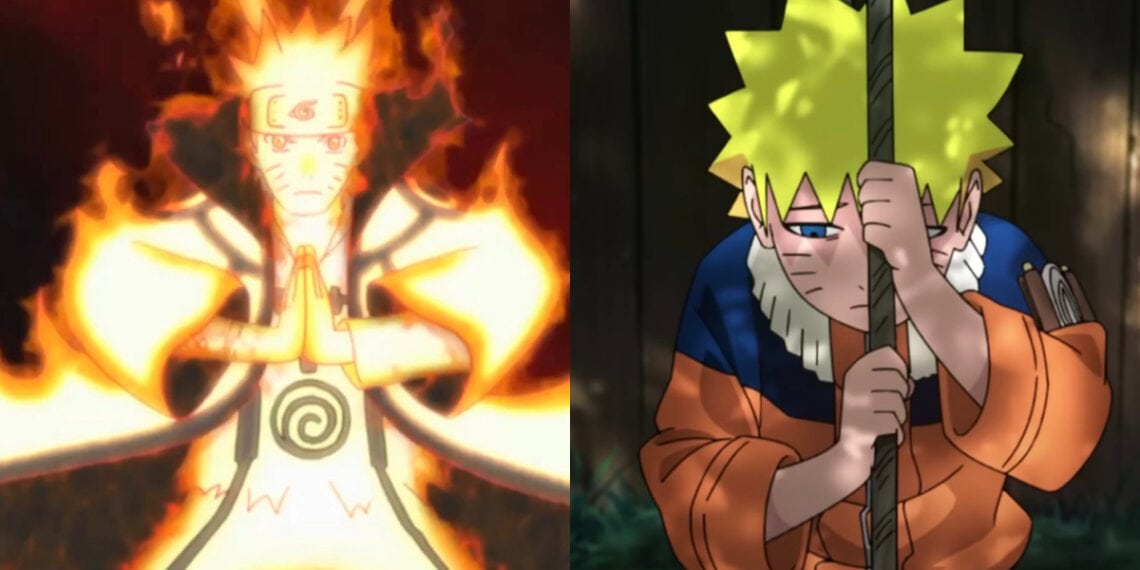Initially, Naruto was portrayed as an underdog who embodied the spirit of perseverance against all odds. His sheer determination and refusal to back down, even when faced with loneliness and adversity, struck a chord with viewers.
It was a simple yet uplifting message – that through dedication and hard work, seemingly impossible goals can be achieved. However, as the Shippuden storyline progressed, the themes shifted from self-reliance to predestined fate.
Once Naruto unlocked the power of the nine-tailed fox spirit within him, he was revealed to be the child of prophecy who would bring peace and destiny to the shinobi world.
This represented a major thematic pivot from the early episodes, where Naruto’s own grit and tenacity propelled his growth.
By linking Naruto’s full capabilities to a fated bloodline and reincarnation cycle, some fans felt the series moved away from its original underdog narrative.
Naruto was no longer just a determined outsider defying the odds through sheer force of will. Instead, it was his status as the chosen one that enabled him to realize immense power.
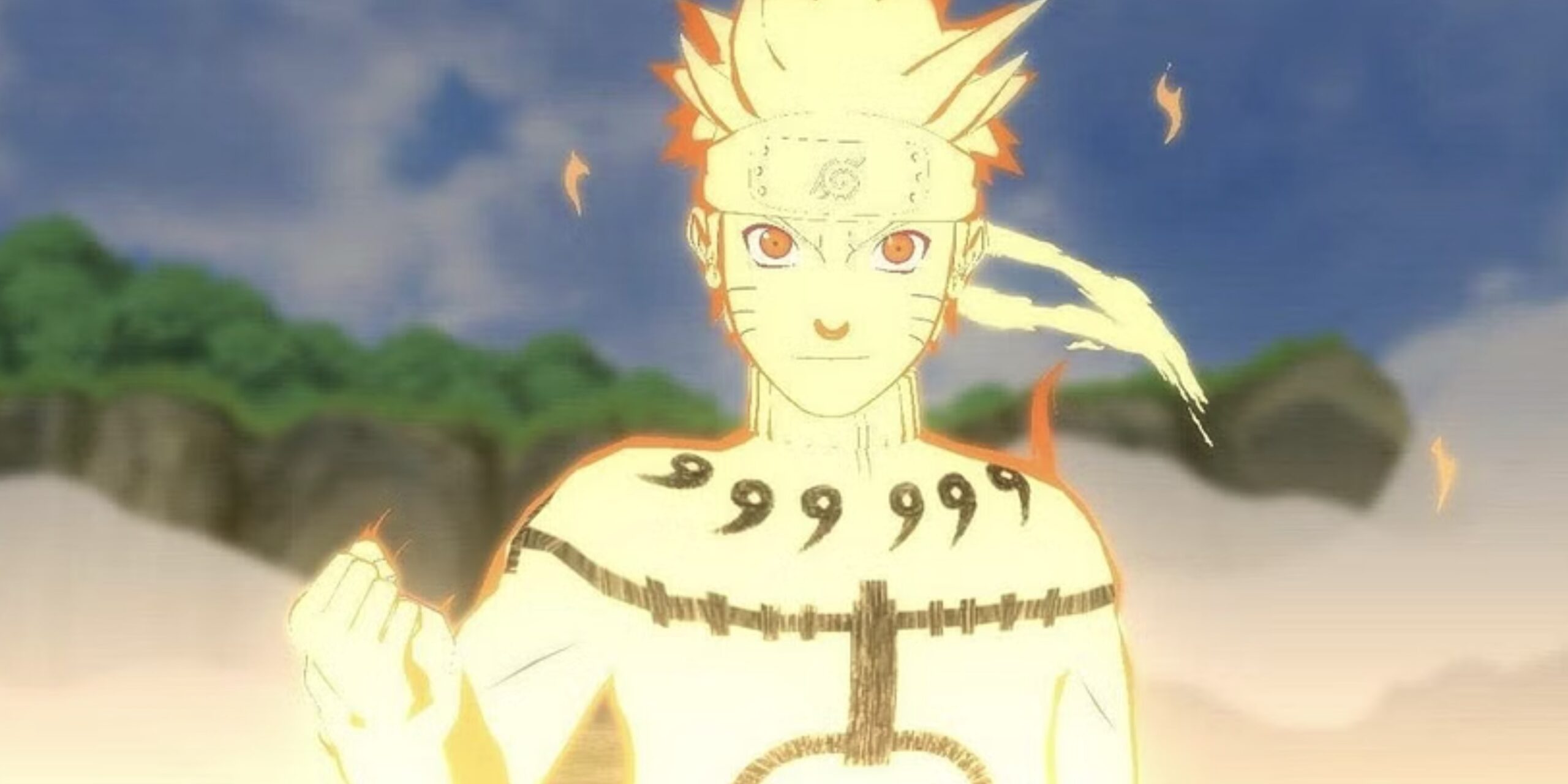
While still hugely popular, this ideological shift toward a more supernatural and fatalistic basis for Naruto’s rise proved divisive among certain portions of the fandom who connected profoundly with his early struggles.
A Single Naruto Powerup Altered the Core Meaning of Masashi Kishimoto’s Vision
Young Naruto embodied the mentality that dedication and perseverance can override what fate has dealt you. Though completely lacking in natural gifts and treated as an outcast, Naruto was filled with grit and resolve.
Rather than resign himself to what seemed his inevitable destiny as a failure and misfit, he stubbornly put his nose to the grindstone.
While the talented prodigies coasted on their genetic blessings, Naruto trained relentlessly to build his skills from the ground up.
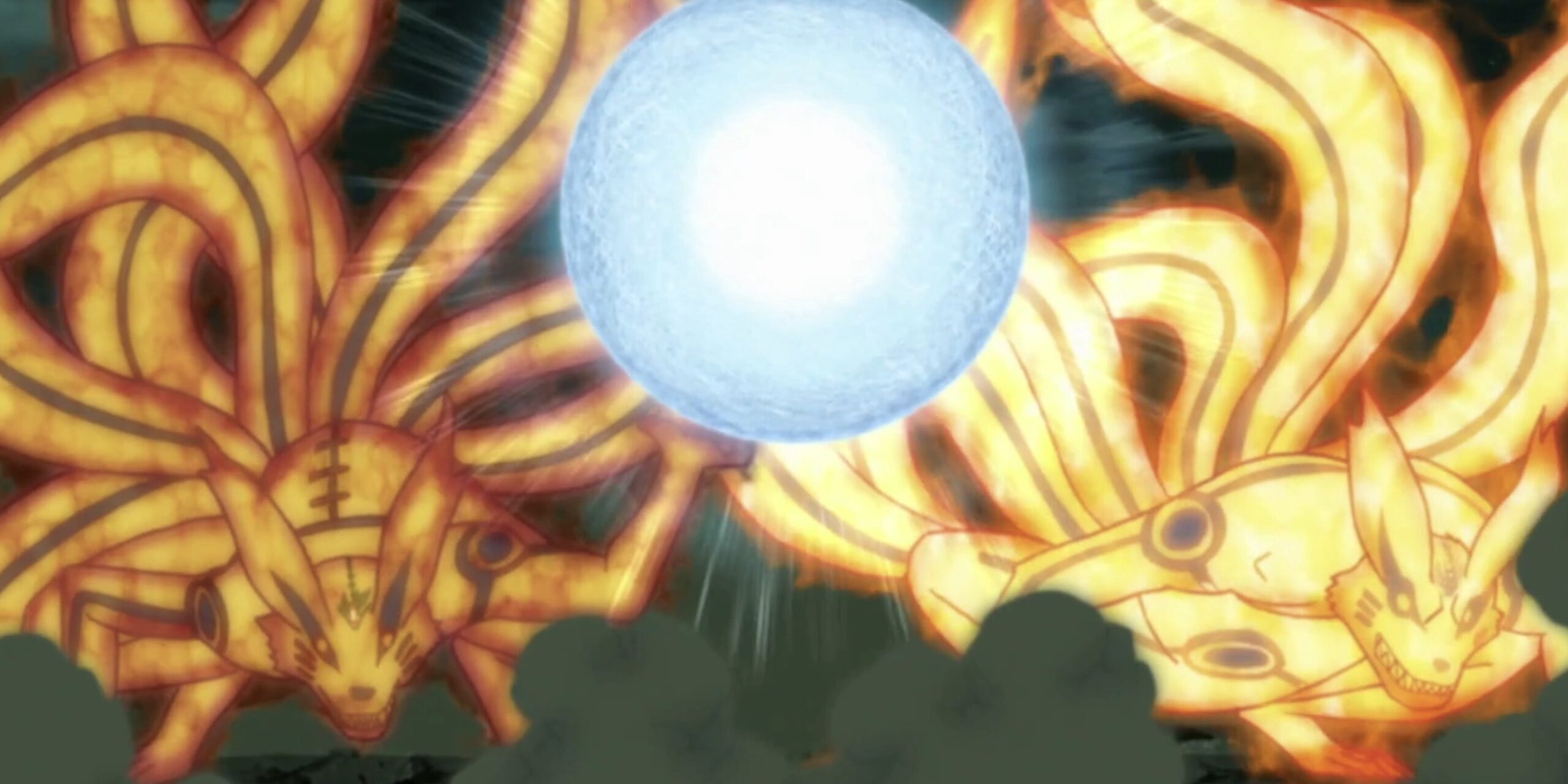
His underdog mentality connected deeply with viewers who related to feeling disadvantaged or doubted by society.
Defying Destiny Through Grit
Naruto’s unwillingness to remain shackled by expectations, despite all the adversity piled against him, delivered a resonant message – the future is not preordained by birthright.
With hard work and self-belief, he progressed from zero to hero in the eyes of both friends and former detractors. His journey symbolized how perseverance and determination can transcend society’s labels to achieve one’s dreams on one’s own terms.
This core philosophy marked Naruto as an inspiring fan favorite to those attracted to stories of underdogs turning the tide through passion and grit rather than accepting their lot in life.
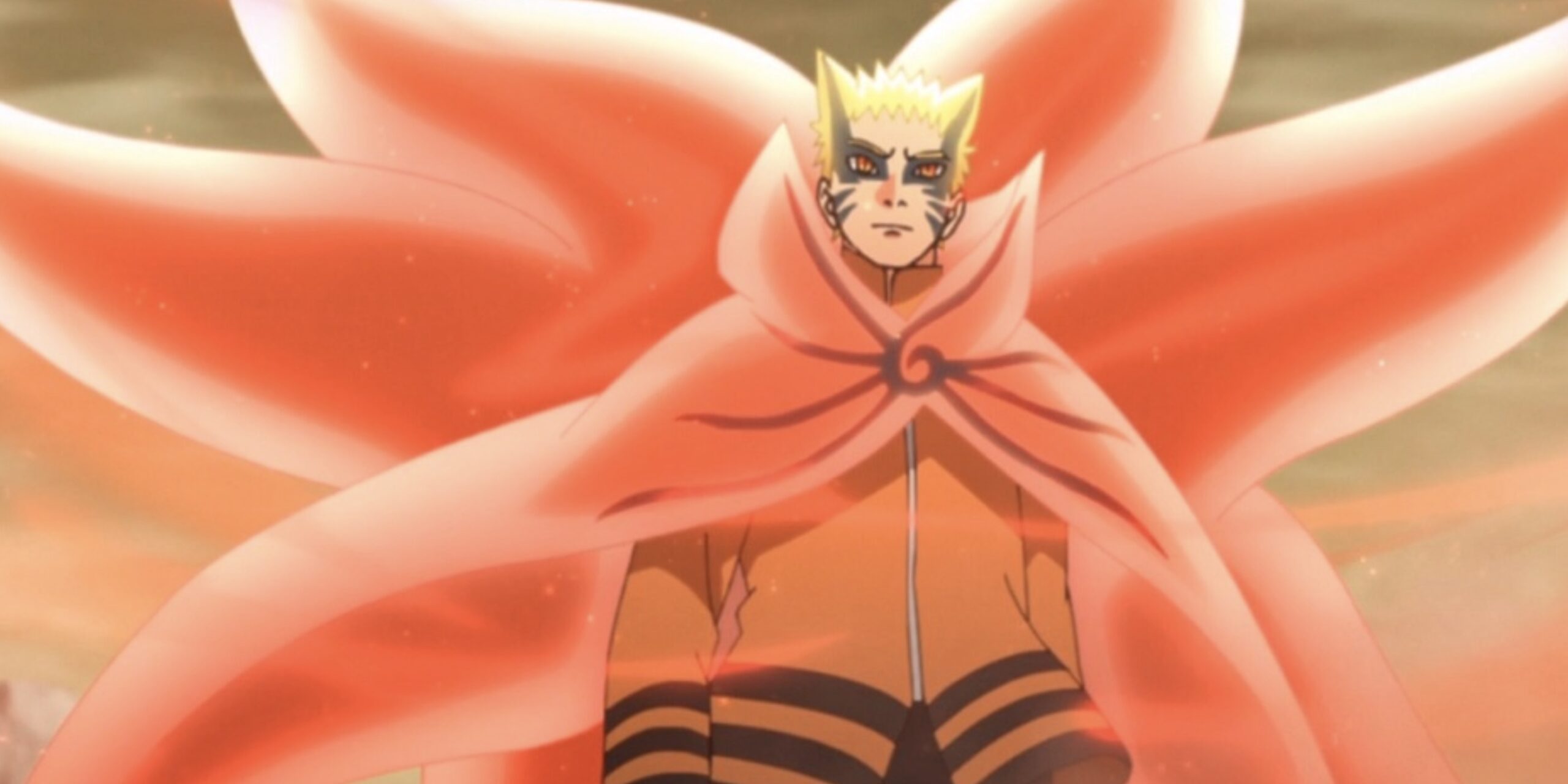
His path emboldened them to likewise challenge their own destinies rather than bow to fate’s whims.
Naruto’s conviction in hard work overriding natural gifts was epitomized in his showdown with Neji. Though outclassed as a failure against the Hyuga prodigy, Naruto refused to accept defeat as his fate.
By tapping into the Nine Tails’ power through sheer force of will, he ultimately overcame Neji’s genius. It was a monumental victory of nurture defeating nature; belief in oneself trumps one’s pedigree or circumstances.
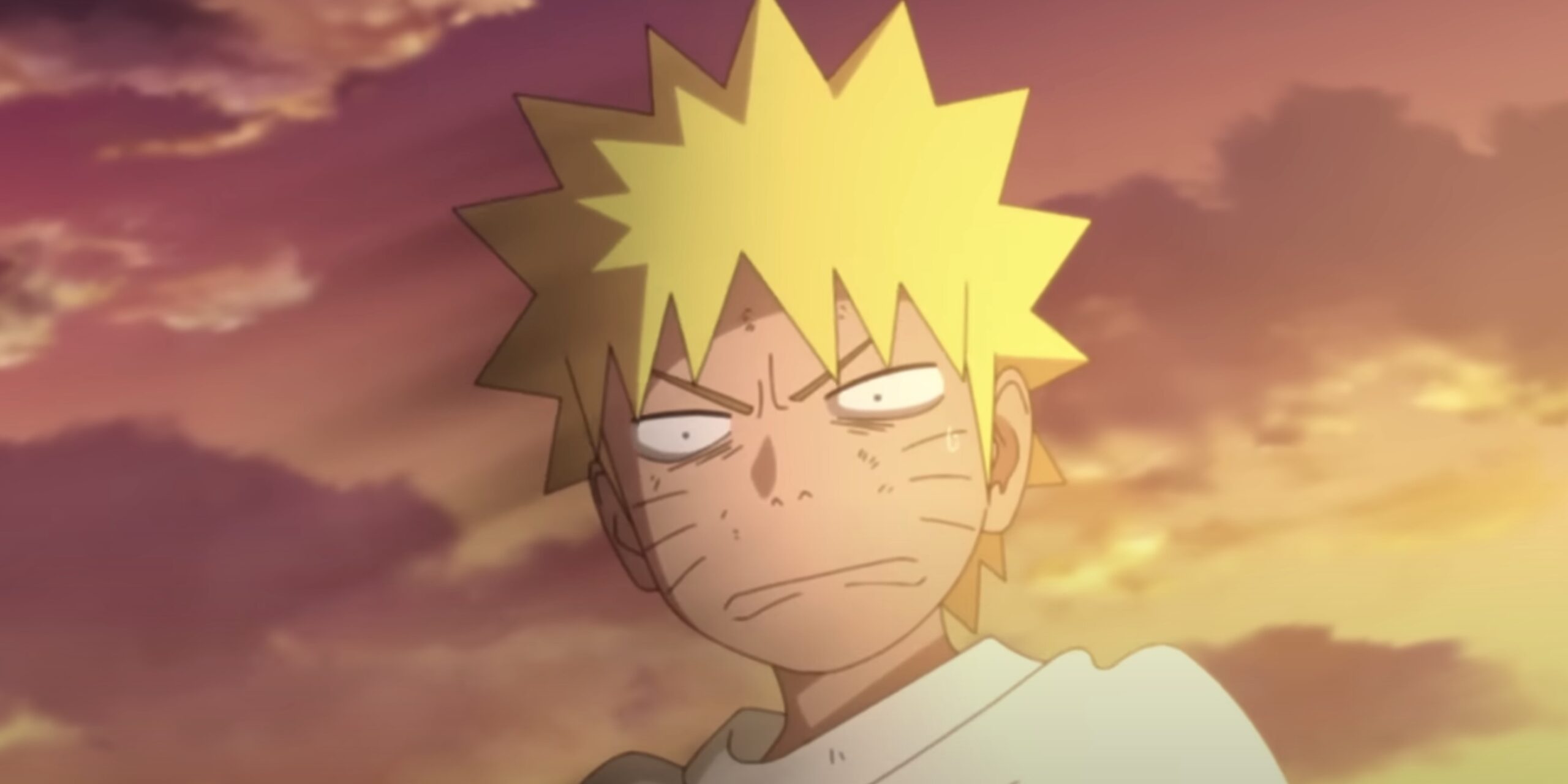
Well into Shippuden, Naruto maintained this work ethic – tirelessly innovating through arduous training to invent devastating techniques like the Rasenshuriken.
The Resonance of Naruto’s Underdog Mentality
Though branded a misfit, he was slowly gaining acknowledgment through personal progress rather than his lineage.
However, the narrative undertones shifted once Naruto mastered his Jinchuriki powers during the War.
By unlocking the Nine-Tails chakra mode, his strengths stemmed from being the Chosen One destined to bring stability as the reincarnation of ninja legend Ashura.
Naruto becoming a preordained savior figure dimmed the engaging story of an ungifted pariah defying expectations through his own grit.
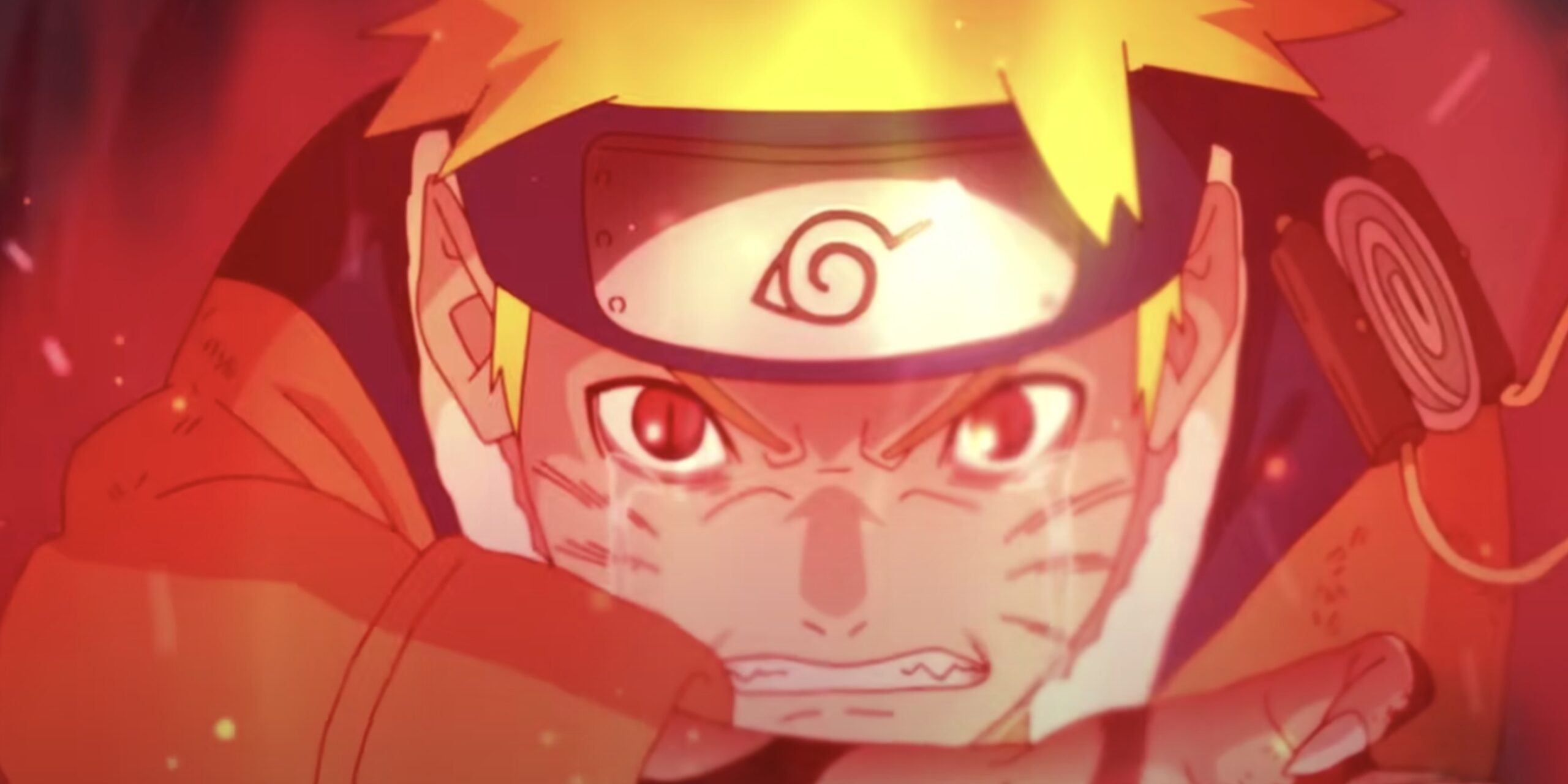
Once Naruto’s full capabilities actualized due to his fated status rather than the tireless grit we admired, he could no longer resonate as an underdog.
Fate supplanted hard work in fueling his apotheosis. For some fans who connected deeply with Naruto’s early struggles, this radically changed the theme of the entire story.
The End Of Naruto Series Was Far Different From The Initial Story
Naruto underwent a radical tonal shift from its gritty ninja beginnings to a concluding arc steeped in overpowered gods and dimension-hopping mythology.
Initially centered on ninjas undertaking dangerous missions and employing deception, tactics, and force of will to protect their villages, the story exponentially raised the stakes.
The final conflicts involved literal gods consuming worlds, opening interdimensional portals, and wielding enough power to reshape reality itself.
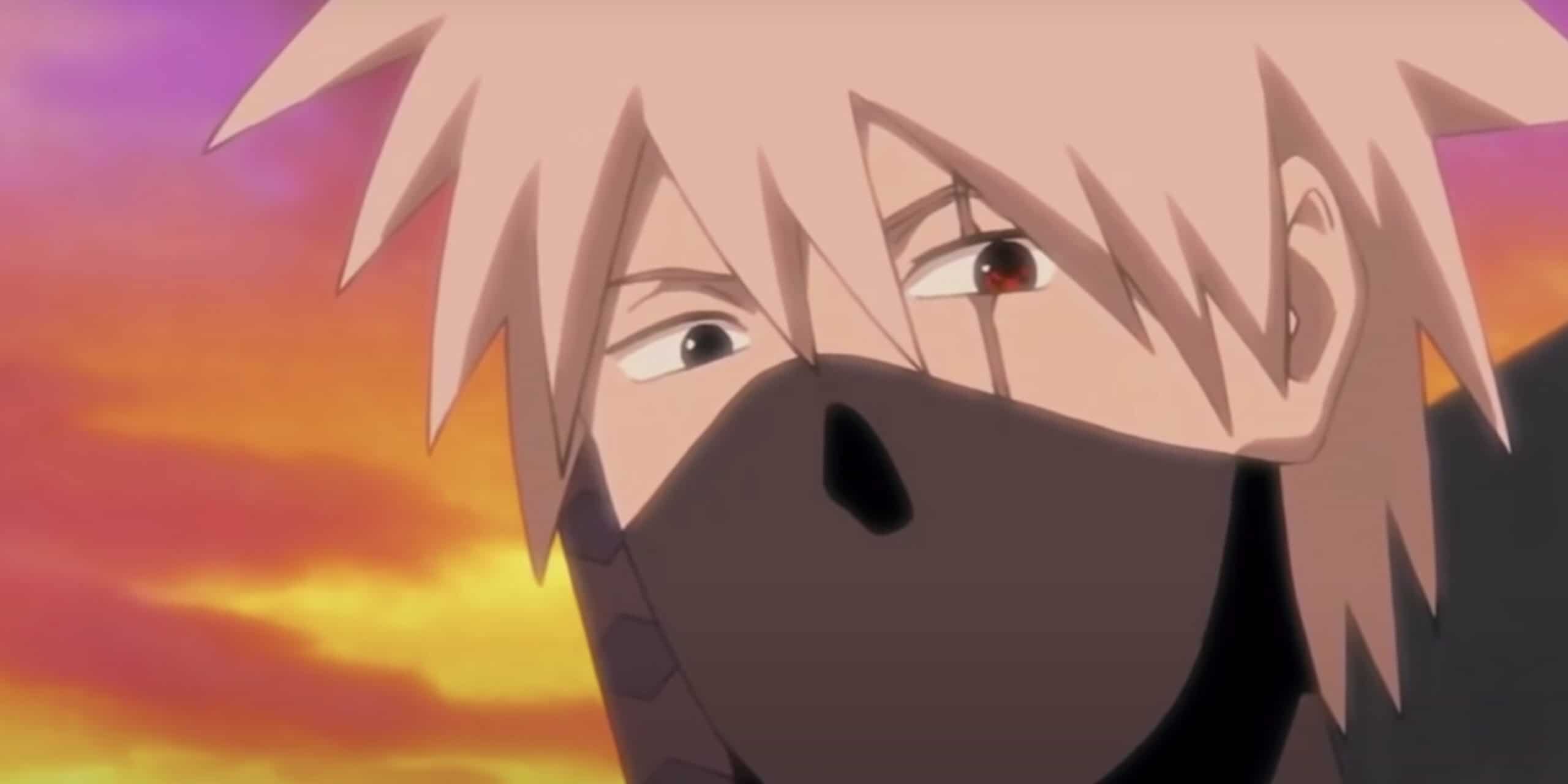
The series accelerated far beyond the early dynamic struggles of ninjas locked in life-or-death battles to determine the fate of their homes.
While this expanding scale climax captivated many readers, others felt it lost the spirit of the early arcs they fell in love with.
No longer did cunning, grit, or strategy seem to matter in the face of such exponential power levels detached from ninja lore.
Nonetheless, Naruto ultimately prevailed against the cosmic odds, saved the world, founded a family with Hinata, achieved his Hokage dream, and even managed to redeem Sasuke.
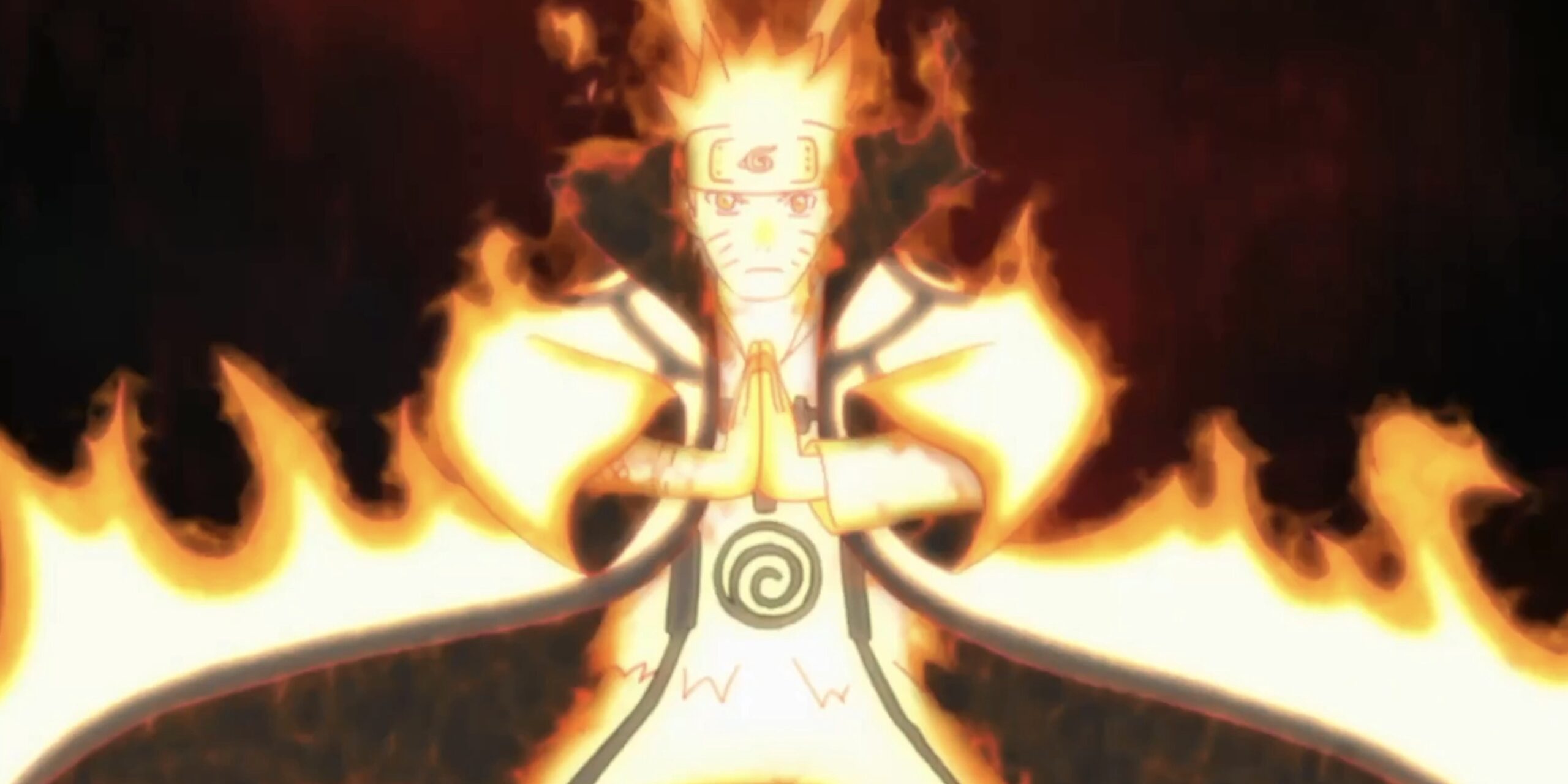
Despite the divisive leap into god-tier power escalation, fans were still satisfied to see the former outcast orphan ultimately beloved worldwide as a family man and esteemed leader of the Hidden Leaf.
By never abandoning his early perseverant spirit, Naruto overcame even dimension-rending obstacles to capture the acknowledgment and bonds he always secretly yearned for but faced such hostility over.

